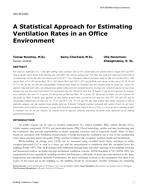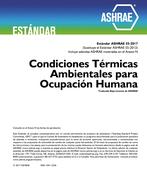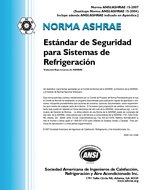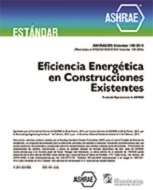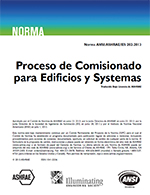Description
This study was undertaken in a 7- floor office building, where continuous data on CO2 concentrations were collected between August 2016 and 2017 using air quality sensors located in the breathing zone of two office rooms and two meeting rooms. The rooms have mechanical supply and exhaust with no air conditioning; and one-time direct measurement with Testo 417 Vane Anemometer indicated maximum supply air flow rates of about 50 l/s (106 cfm) for Rm1, 45 l/s (95 cfm) for Rm2, 78 l/s (165 cfm) for Rm3, and 129 l/s (273 cfm) for Rm4, and exhaust air flow rates of 54, 28, 30 and 95 l/s (114, 59, 64, and 201 cfm) correspondingly. Estimated mean outdoor air ventilation rates were calculated using the steady state / peak CO2 approach using daily peak values, and estimated mean outdoor airflow rates were calculated based on air change rates estimated using the tracer gas decay technique over each time period (event) where CO2 concentration decay was observed for more than 10 minutes. Using the peak approach, the estimated mean ventilation rates were 15 l/s·person (32 cfm/person) for Rm1and Rm2, 10 l/s·person (21 cfm/person) for Rm3, and 20 l/s·person (43 cfm/person) for Rm4. Using the decay approach, the total number of decay events extracted for each room were 166, 587, 310 and 329, and the corresponding estimated mean air flows were 35, 37, 67 and 90 l/s (74, 79, 123 and 192 cfm). Both methods reach similar conclusions in terms of ventilation adequacy, and some temporal trends (weekly, daily) can be detected. Estimated occupancy corresponds with number of chairs in each rooms. Interpretation of the results bear uncertainties as many of the theoretical assumptions related to the use of CO2 as a tracer gas when estimating air flows or ventilation rates are not met. However, the estimates based on long-term continuous monitoring can provide useful information for the building operation and management.
Citation: 2018 Annual Conference, Houston, TX, Conference Papers
Product Details
- Published:
- 2018
- Number of Pages:
- 8
- Units of Measure:
- Dual
- File Size:
- 1 file , 670 KB
- Product Code(s):
- D-HO-18-C023
